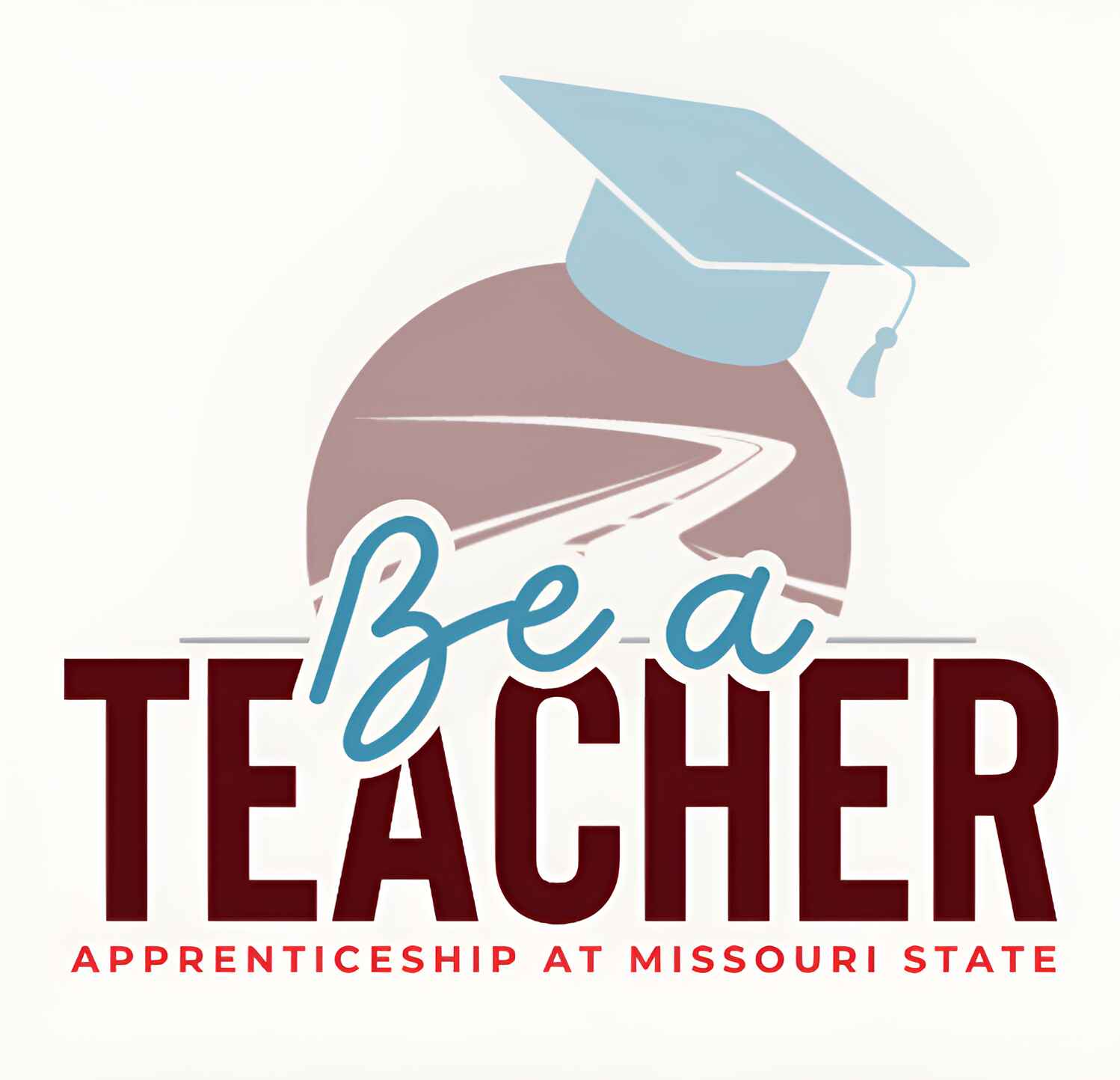Earn While You Learn
Apprenticeships provide paid employment, allowing aspiring teachers to gain hands-on classroom experience while completing the academic coursework needed for certification, reducing financial barriers to entering the profession.

Registered teacher and paraeducator apprenticeships are industry-driven, high quality career pathways where employing school districts can develop and prepare their future workforce. Individuals can obtain paid work experience, university-level instruction, a state teaching license, and a nationally recognized apprenticeship credential, all while supporting and contributing to their local communities.
Industry Led - Programs are industry-vetted and approved to ensure alignment with industry standards and that apprentices are trained for highly skilled, high-demand occupations.
Paid Job - Apprenticeships are jobs! Apprentices earn progressive wage as their skills and productivity increase.
Structured On-the-Job Learning/Mentorship - Programs provide structured on-the job training to prepare for a successful career, which includes instruction from an experienced mentor.
Supplemental Education - Apprentices are provided supplemental classroom education based on the employers unique training needs to ensure quality and success.
Diversity - Programs are designed to reflect the communities in which they operate through strong non-discrimination, anti-harassment, and recruitment practices to ensure access, equity, and inclusion.
Quality & Safety - Apprentices are afforded worker protections while receiving rigorous training to equip them with the skills they need to succeed and the proper training and supervision they need to be safe.
Credentials - Apprentices earn a portable, nationally-recognized credential within their industry.
Apprenticeships serve as a vital bridge between K-12 schools and higher education, fostering collaboration that enhances both the professional development of educators and the quality of student learning. By integrating hands-on experience with academic theory, apprenticeships empower future educators to apply real-world skills in classroom settings while receiving support from both their school mentors and university faculty. This collaborative approach creates a sustainable teacher pipeline, addressing critical workforce shortages and ensuring that new teachers are prepared to meet the evolving needs of diverse student populations. Through shared goals, K-12 institutions and higher education can collectively cultivate a culture of continuous learning and innovation, ultimately benefiting the entire education ecosystem.
On-the-job training for apprentices offers invaluable, real-world experience that strengthens their teaching skills and deepens their connection to the communities they serve. By working directly in local schools, apprentices gain an authentic understanding of the unique cultural dynamics and need of the students, allowing them to tailor their teaching methods accordingly. This immersive experience not only equips them to be more effective educators but also helps them establish strong ties within the community, fostering a sense of belonging and commitment that encourages long-term retention in the local education system.
Apprenticeships at Missouri State in education initially began in the field of special education, providing hands-on experience to meet the unique needs of students with disabilities. Over time, these programs have expanded to include various roles across the educational spectrum, from classroom teaching to administrative positions, even extending to the training of future superintendents, ensuring a comprehensive and inclusive approach to professional development.